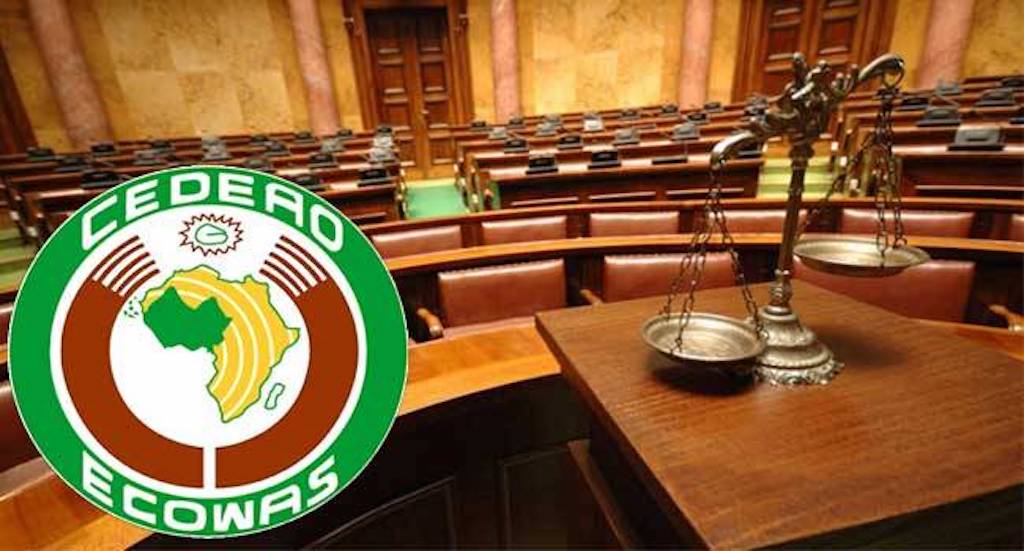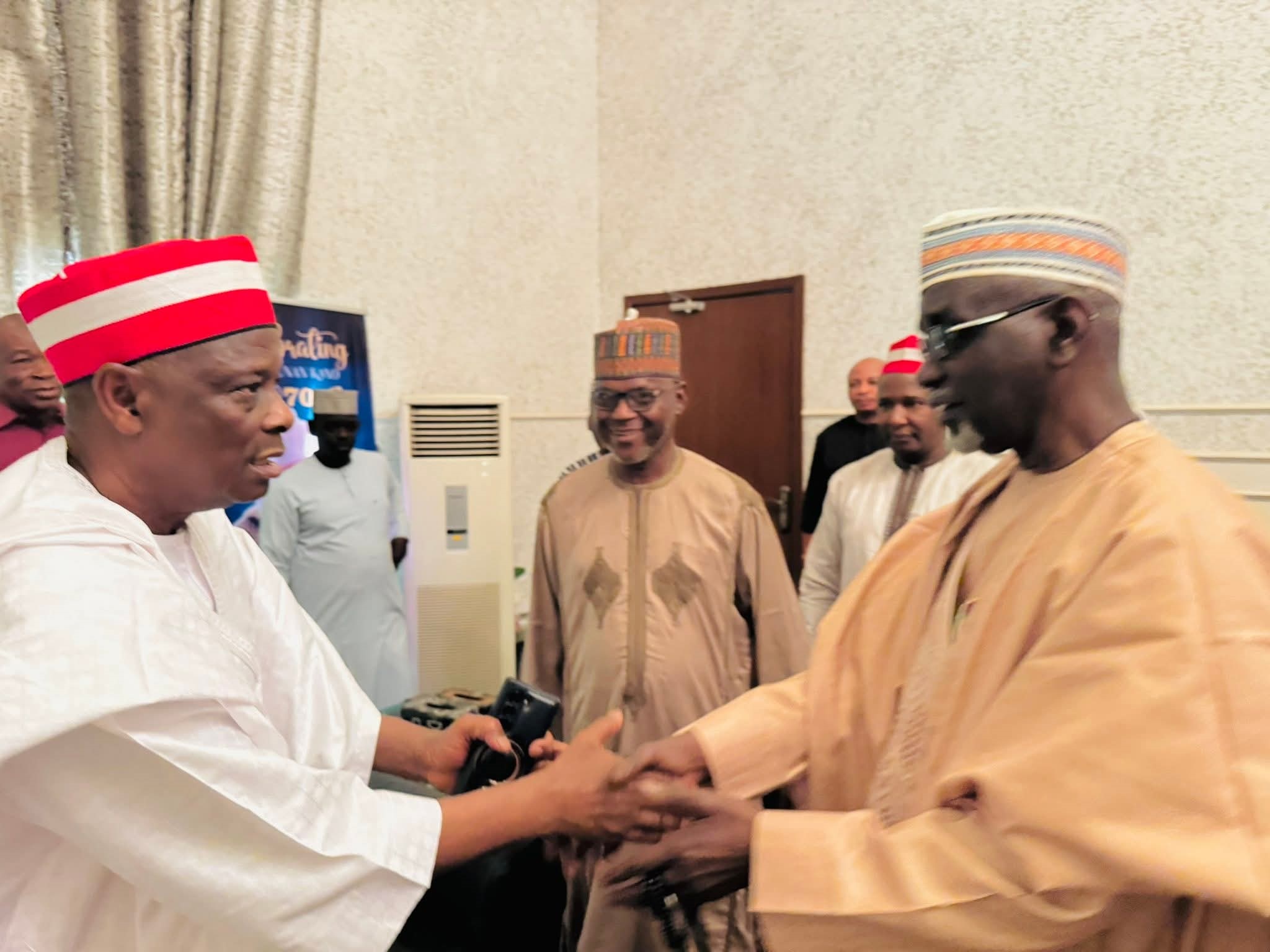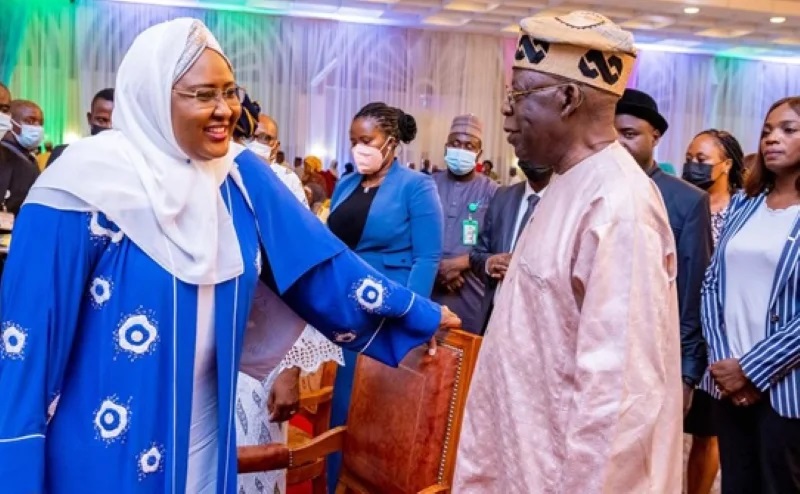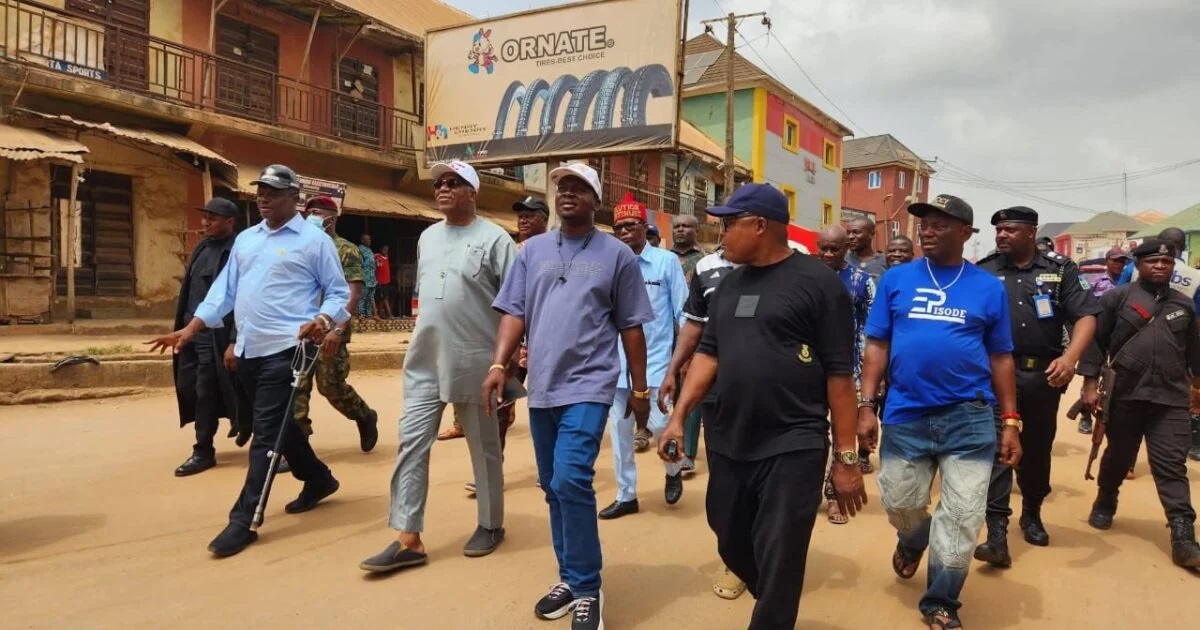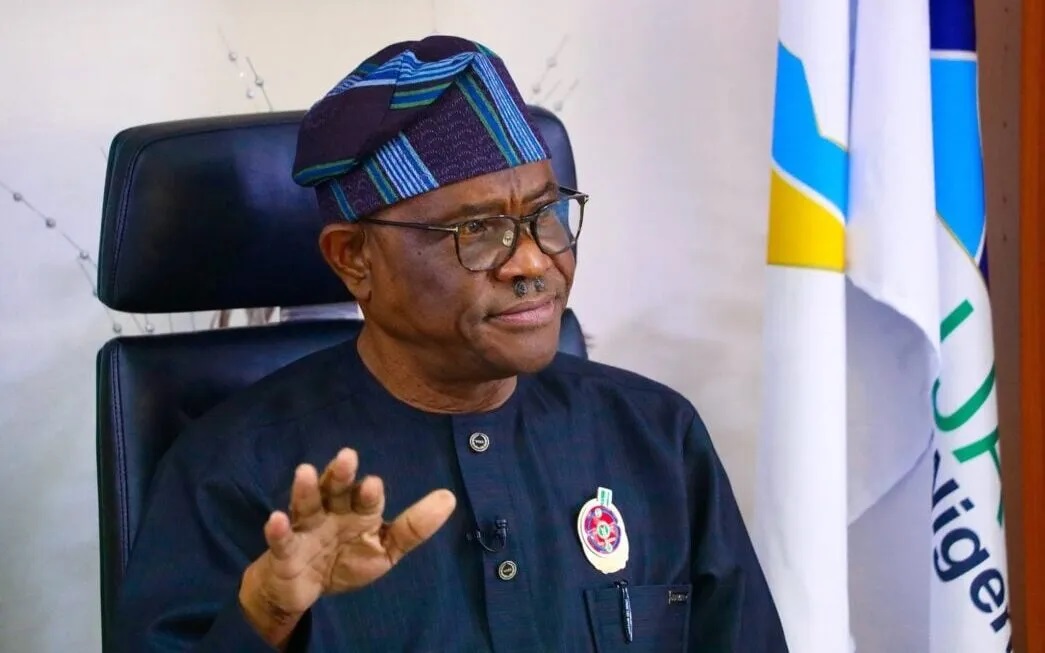The President of the Community Court of Justice, ECOWAS, Justice Ricardo Goncalves, has called for justice to be brought out of courtrooms to the heart of West African communities.
Goncalves made the call on Monday in Lagos, at the sensitisation outreach by the Community Court of Justice, Economic Community of West African States (ECOWAS).
He noted that the image of justice had long been confined to courtrooms and legal texts, adding that it was time for a change.
He said that justice must no longer be the ”language of the privileged” or ”a distant dream” but a birthright for every citizen, from the remote village to the bustling urban centres.
He added that it was essential to ask why the court needed to reach out to citizens.
According to him, justice hidden was justice denied.
He explained that when individuals, such as farmers, women, and children are unable to access justice due to distance, lack of information, or other barriers, the court would have failed its oath.
”The era of justice being perceived as distant, slow, or inaccessible must come to an end.
”Justice should not be reserved for the elite or seen as a luxury for the informed few. Instead, justice should be accessible and meaningful to all,” he emphasised.
The Chief Registrar of ECOWAS Court, Dr Yaouza Ouro-Sama, said that the court of justice was established in 1991 with the primary mandate of resolving disputes among member states
He noted that the court’s mandate expanded in 2005 to include human rights violations, adding that individuals and corporate bodies were granted direct access to the court.
He added that the court’s most prominent mandate was its human rights jurisdiction, which formed the centre piece of its judicial activities.
The chief registrar acknowledged that many community citizens were unaware of the court’s existence or its mandate, jurisdiction, and procedures.
”To address this, the court has embarked on a sensitisation programme to engage with stakeholders, including government authorities, institutions, and citizens.
”ECOWAS Court of Justice belong to the member states and community citizens, and it is essential to involve all stakeholders in the court’s affairs.
”The court aims to maintain a cordial relationship with national courts and is not in competition with them,” he said.
He appealed to the government and people of Lagos State to support the ECOWAS Court of Justice in discharging its judicial mandate, hoping that the sensitisation programme would be mutually beneficial to all parties involved.
Mr Lawal Pedro (SAN), Attorney-General and Commissioner of Justice, Lagos State, considered it a privilege to collaborate with the ECOWAS institutions.
He said that the collaboration was also a responsibility aimed at promoting justice, regional integration, and human rights.
”This partnership underscores Lagos State’s commitment to upholding these values,” Pedro said.
He said that the state’s association with the ECOWAS court, aimed at promoting human rights, upholding the rule of law, and ensuring access to justice.
He commended the court’s mandate and encouraged legal practitioners to deepen their knowledge of its procedures and jurisprudence.
He also urged the legal community to engage with the opportunities offered by the ECOWAS court.
Chief Justice of Nigeria, Justice Kudirat Kekere-Ekun, who chaired the ceremony, affirmed the critical role the ECOWAS court played in safeguarding rights and strengthening the rule of law across West Africa.
She noted that the court did not threaten national judiciaries but complemented them in addressing cross-border challenges such as corruption, terrorism, and human rights violations.
”No single national judiciary can effectively respond to these transnational issues.
”The ECOWAS court enhances consistency in the application of regional legal instruments and provides a reliable forum for resolving disputes beyond national jurisdictions,” Kekere-Ekun said. (NAN)

